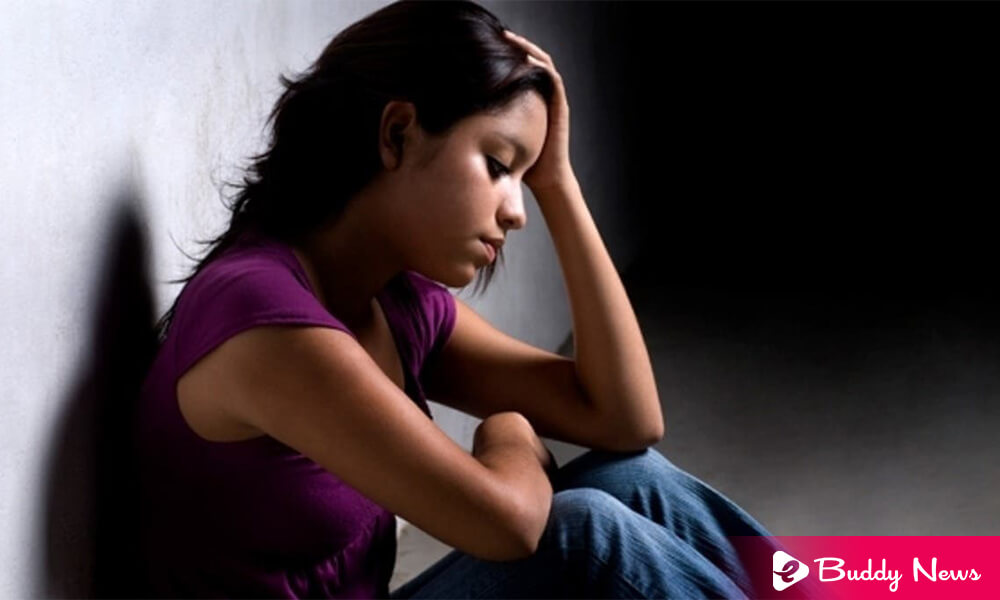Atypical Depression And Its Symptoms, Causes, Treatment

Atypical depression is a kind of depression. It is a complex psychological phenomenon that can express itself under various symptoms that they can classify in different ways. That type of depression accounts for the complicatedness of a combination of ‘mental disorders.’ It is a sign that we popularly call a state of depression.
In general terms, they consider atypical depression is not very prevalent, that is, it is rare and rarely diagnosed. Most cases of depression have received another diagnosis.
Here we will see the symptoms of atypical depression, what characteristics differentiate it from other types of depression, and what kind of treatments are effective in intervening in these cases.
Symptoms Of Atypical Depression
The symptoms of atypical depression can vary, especially considering how infrequently it is diagnosed. The following are the signs and symptoms most related to this type of depression.
1. Hypersomnia
If a person feels a deep need to sleep, which leads to psychosocial and labor problems since it interferes with their work. It also produces greater isolation and negatively affects the possibility of developing motivating projects.
In the end, the problems with organizing a schedule and the lack of social life that is a consequence of hypersomnia make the daily life of the person with atypical depression become increasingly monotonous, lacking new motivations.
2. ‘Hypersensitivity’
Most people with atypical depression feel that any indication means a negative situation exists in their minds. That is, an ambiguous reaction from another person is interpreted as a sign of rejection, mockery, or relative failure. To be clear, they see such reactions as not being on time for a bus that has already started as a sign that the day will be catastrophic.
However, this reactivity is usually also noticed in events of positiveness, although to a lesser degree than that expressed in unpleasant situations. This ability to react relatively cheerfully to favorable situations does not occur in most cases of depression. It is one of the hallmarks of atypical depression.
3. Extreme Increase In Appetite
In major depression, patients typically go through a specific decrease in the feelings of hunger, which includes a general attitude of inactivity and lack of readiness.
However, in atypical depression, ‘hyperphagia’ is relatively common and closely associated with psychological states marked by excessive anxiety. For this reason, binge eating and frequent visits to the fridge may appear, which appear as a form of compensation behavior to distract from those thoughts that generate anxiety.
4. Extreme Tiredness
People experience and express the lack of energy in all facets of life, from work to social life. It is so, and they fetch attention to the basic needs of food, hygiene, and home care. Many patients with this type of depression feel sadness that leads them to remain for a long time in a state of rest on a bed or sofa. This, in turn, contributes to them feeling more isolated and alone, which feeds the vicious cycle of depression.
5. Anxious States
It is a group of symptoms related to anxiety states typical of other mental disorders that are much less common in the case of depressive disorders. A person with atypical depression may feel anxiety. It is the best example when he is aware of his poor condition or worries a lot about the image he gives to other people. That feeling of discomfort adds to the damage to the quality of life caused by symptoms typically associated with depression.
Causes For Atypical Depression
As in most mental disorders, the reason why atypical depression appears has to do with multi-causal phenomena. It means that biological and genetic elements participate in its existence, but also cultural ones and, in addition, factors associated with the learned dynamics of interaction with the environment and with other people.
Neither environment nor genetics is solely responsible for atypical depression. How this experience is lived will be influenced by the culture that has been internalized and by learning and customs. ‘A traumatic event’ can spur ‘genetically latent biological processes’ is an example.
Treatments For Atypical Depression
Psychotherapeutic intervention is very relevant in treating atypical depression. It allows patients to get ready in many ‘habits and social skillfulness.’ The same will allow them to improve their ‘quality of life without completely making the symptom.
Specifically, cognitive-behavioral therapies allow acting on daily behavioral habits and on ideas, beliefs, and styles of thought, to achieve effects on actions linked to movement and interaction with the environment and on the mind and how the one perceives and interprets what is happening.
Treatment with psychotropic drugs is also common in medical intervention cases of atypical depression. It is especially considering the seriousness of this disorder and how it affects practically all areas of personal and work life.
The most commonly used drugs are usually antidepressants, such as SSRIs and MAOIs. Both are medicines whose use can only be initiated by medical prescription, and their consumption must be monitored by experts personally in mental health and psychiatry.














